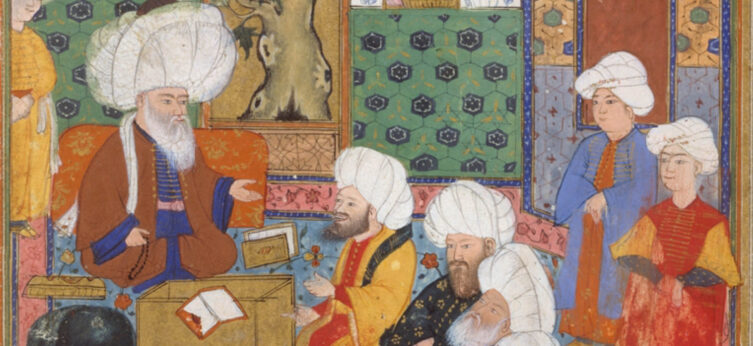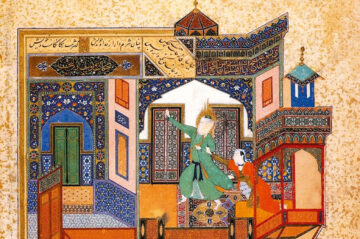During the medieval period, the ʿulamāʾPl. of ʿālim , meaning a religious scholar or learned man. had a prominent social status in Islamic dominions and were often closely connected to the sources of political power.
Yet, the historiographical sources report cases of Muslim scholars accused of apostasy and executed, thus providing examples of highly unusual socio-religious circumstances in which arbiters of good belief were themselves subjected to the ignominy of breaking with it. Contemporary scholarship has favoured narratives of “murder” and “martyrdom” as two explanatory paradigms to study famous cases of scholarly apostasy. While these categories can reveal the strategies of the medieval historians who crafted iconic figures (martyrdom) and emphasized political antagonisms as the cause of the accusations and executions (murder), they fall short of explaining the myriad of social, religious and political processes at stake.
Through the examples of ʿAyn al-Quḍāt al-Hamadānī and Shihāb al-Dīn al-Suhrawardī, this lecture first presents how the authors of literary sources of history constructed their narratives of scholarly apostasy in accordance with their own sectarian and political affiliations. It then presents the juridical procedure at play when scholars were accused of apostasy.








